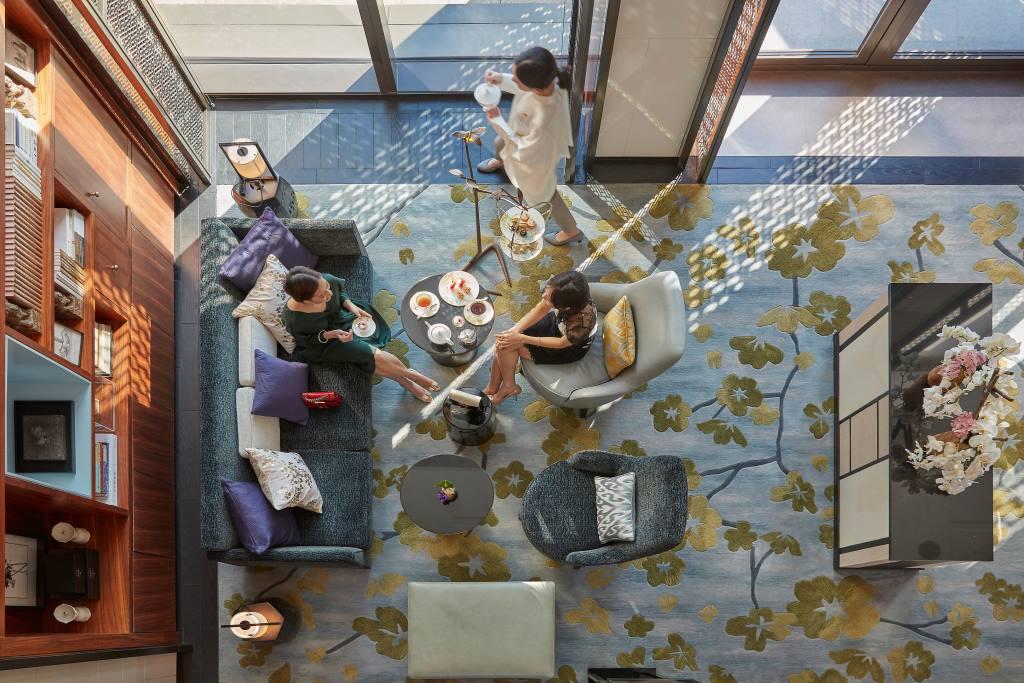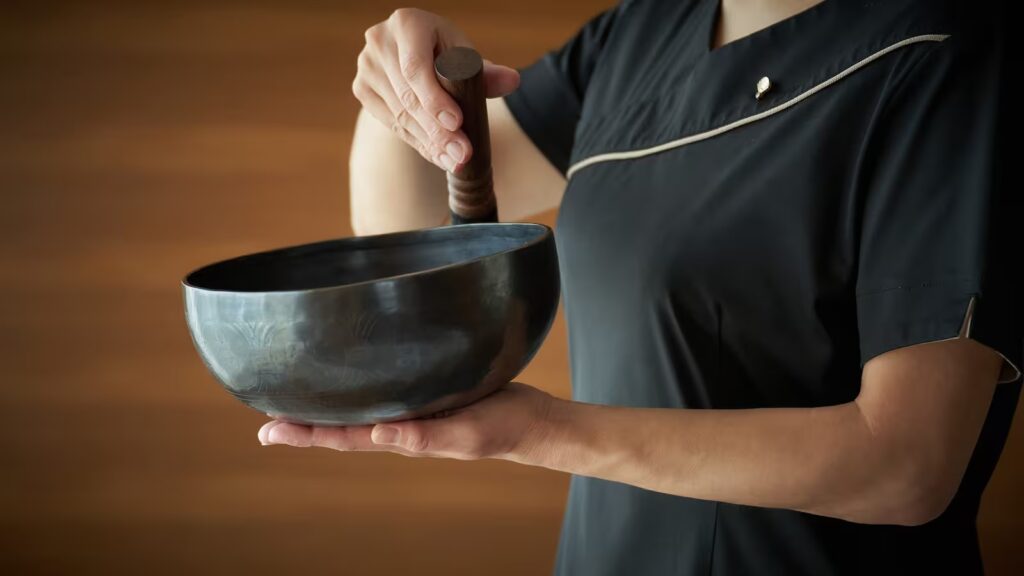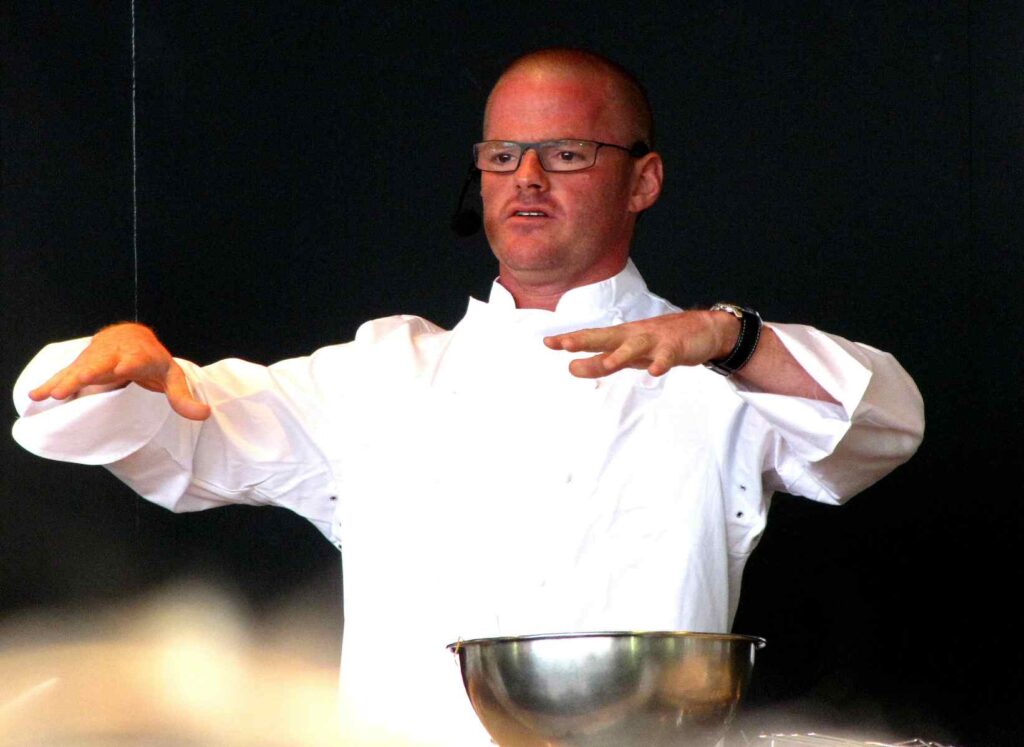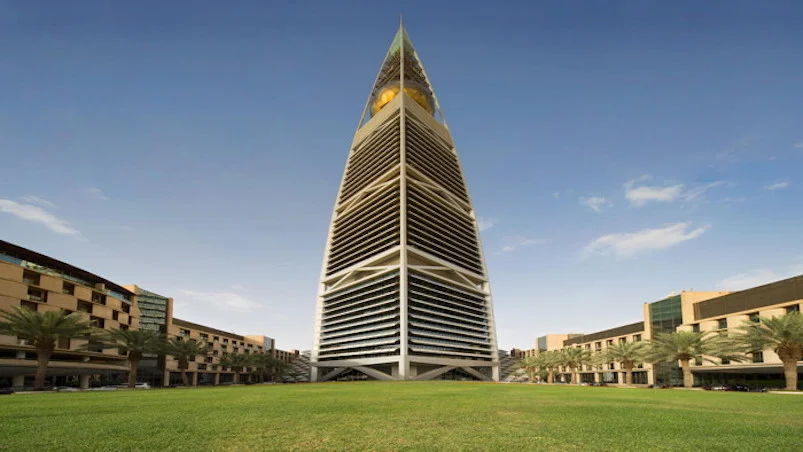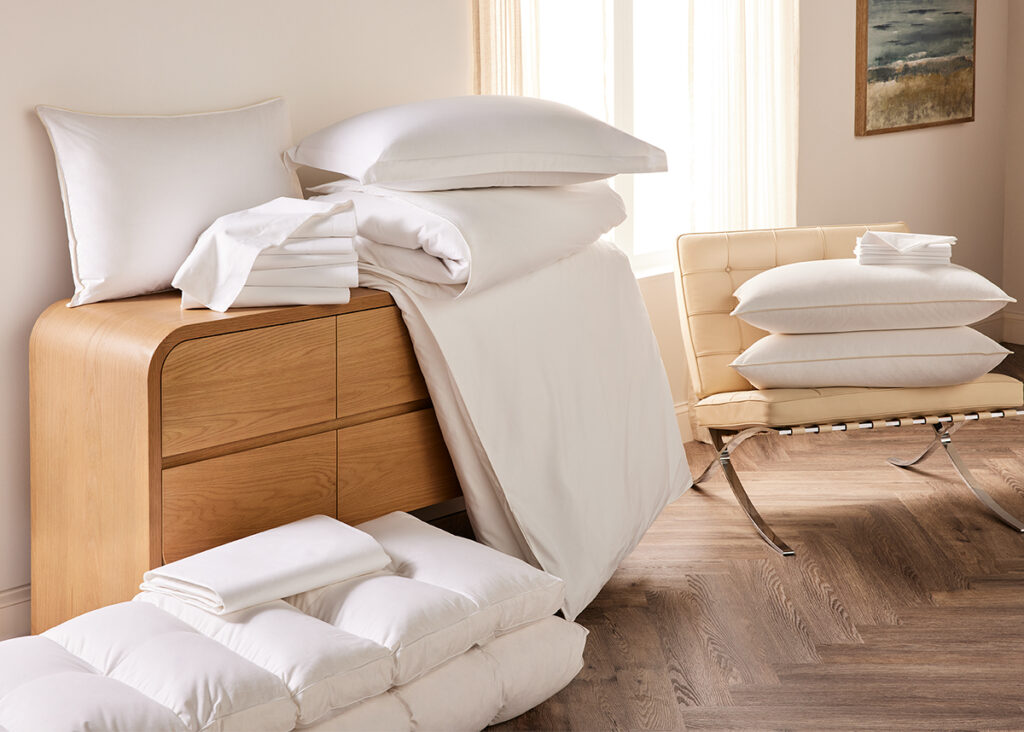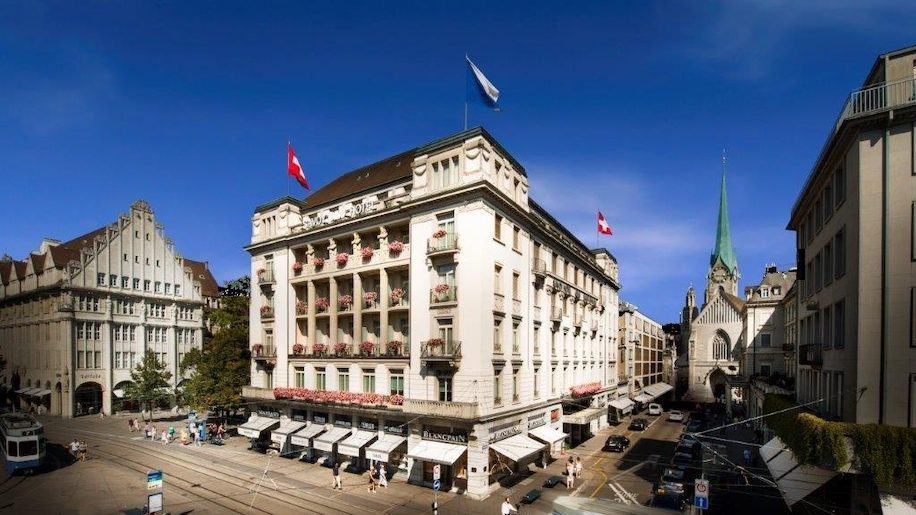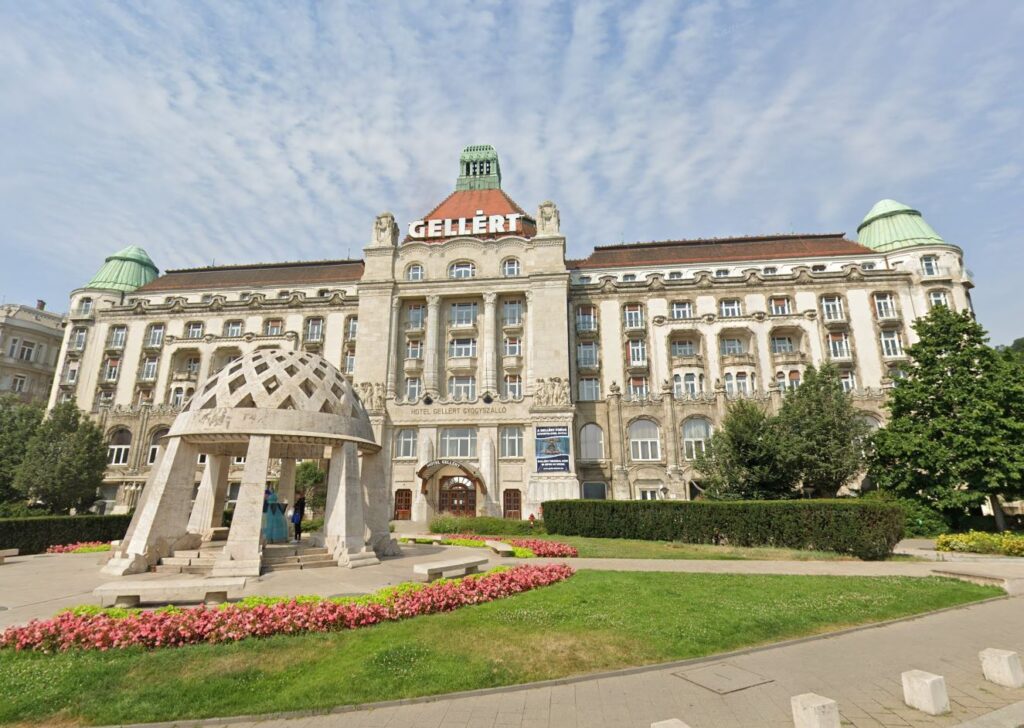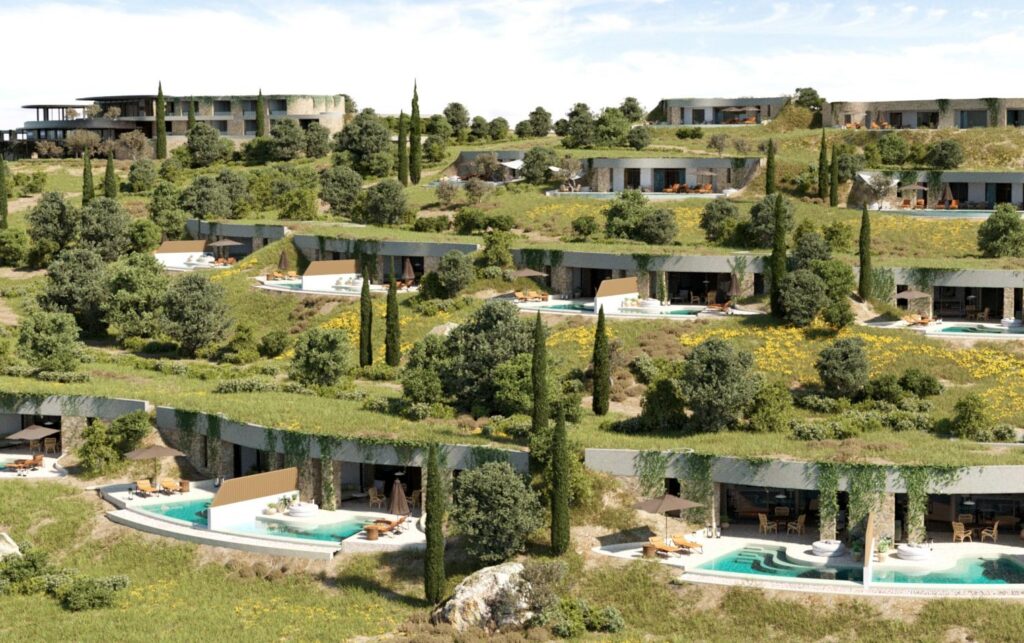In October 2019, Mandarin Oriental Hotel Group pledged to eliminate all single-use plastic, across its portfolio of luxury hotels, by the end of March 2021.
While the original timing for completion is likely to be impacted by the global effects of COVID-19, this first progress report highlights both the achievements made to date and some of the challenges encountered.
The Group has committed to eliminating single-use plastic across all areas of the hotels, including rooms, spa, transport, restaurants and bars as well as in those areas unseen by the guest, such as offices, kitchens and back of house.
The Group has initially focused on 60 of the most commonly used single-use items identified by hotels which are estimated to make up 95% of the total number of single-use plastic items used at our hotels. These items have either been eliminated or are in the process of being phased out as current plastic stock is depleted.
An example of one of the most commonly used items is plastic water bottles. On-site water bottling has been introduced at the Group’s hotels in Hong Kong, Macau, Kuala Lumpur, Singapore, Taipei, Geneva, London, Miami and New York, with the view to rolling this initiative out groupwide. Current figures are encouraging; for example, Mandarin Oriental, Kuala Lumpur, has been able to eliminate almost half a million plastic water bottles from rooms and food and beverage facilities in a year.
Many of the other most commonly used plastic items have been replaced with eco-alternative materials – examples of which are sanitised, re-usable cloth laundry bags and shoe mitts, paper, metal or bamboo straws, natural loofahs, wooden spatulas and metal tasting spoons in the kitchens. Many bathroom amenities have been replaced with sustainably certified non-plastic alternatives, including cotton pads, razors, earbuds, shower caps and shaving foam.
Challenges remain as some materials, such as cling film and waste bags, are both difficult to eliminate or find truly sustainable alternatives for. Trials are currently underway to replace cling film with re-usable items that can be easily sanitised, including containers, silicone and beeswax wraps, and waste bags with water soluble toxin-free options. While it has been possible to obtain toothbrushes that are 97% plastic-free, 100% plant-based toothbrush bristles are not currently available. However, on-going research in this area means that we remain hopeful that a complete eco-solution will be available soon.
Alternatives for toothpaste tubes have also proved difficult to locate, but after many months of supplier research, Mandarin Oriental is now offering toothpaste bites. These small tablets of toothpaste are packaged in FSC-certified paper and are currently being rolled out across the Group.
The Group is now widening the scope of its work to identify viable eco-alternatives for the remaining single-use plastic items within its properties. Hotels are encouraged to choose reusable or unprocessed plant-fibre based eco-alternatives where possible and any eco-alternative materials that prove to be successful will then be introduced across the portfolio.
The next challenge, that was not included in our initial timeline, is an external one – namely the continued use of single-use plastic packaging used to deliver goods into our hotels. We recognise that elimination here may take much longer to achieve, as this is an area that is proving hard to influence. We will continue in our efforts to resolve this through our own Supplier Code of Conduct and ongoing supplier engagement.
The current COVID-19 pandemic has already had some impact on our efforts. The depletion of our existing stock of plastic products across our portfolio has slowed, and new hygiene protocols and requirements arising from the pandemic pose challenges that may well affect our timeline. However, we remain committed to our original objective of 100% elimination while recognising the potential for delay in the removal of some items. Work is ongoing to achieve the very best results possible across the portfolio and within our timeframe.


